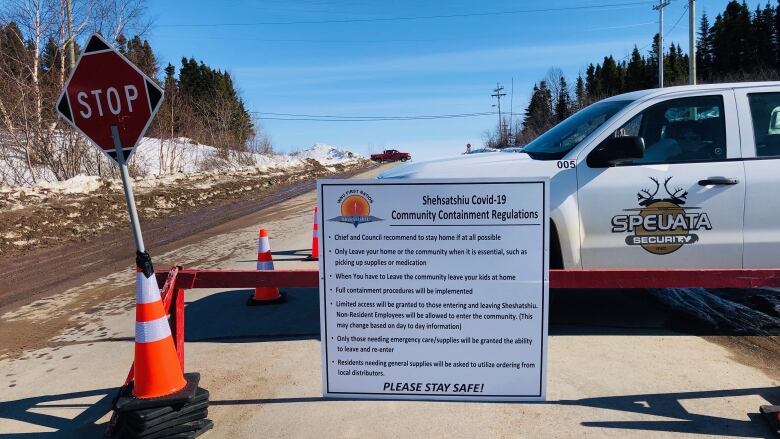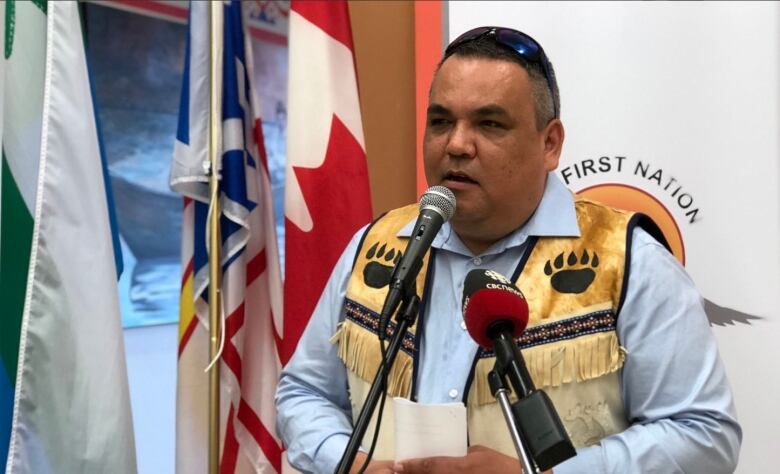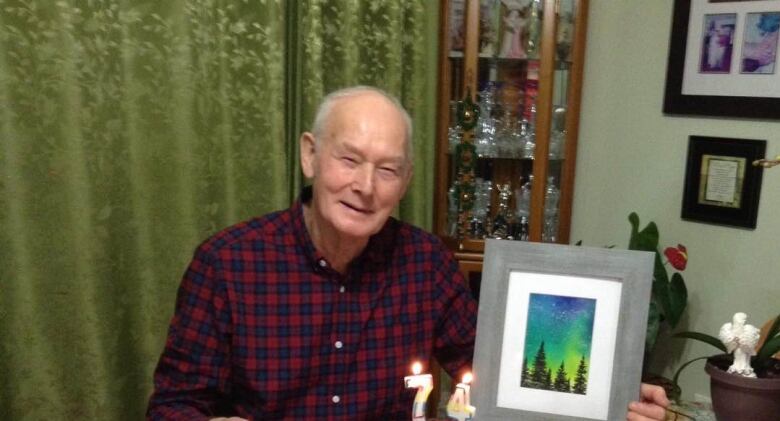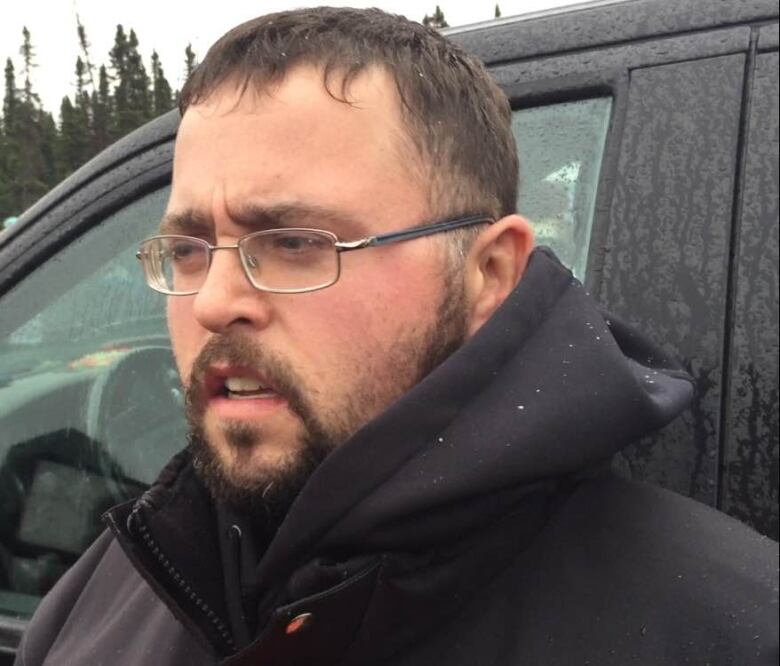Labrador is keeping a lid on COVID-19. Here's what communities are doing
Leaders fear residents are not taking precautions seriously

Communities in Labrador are introducing stricter measures to try toprevent the spread of COVID-19.
Access to travel along the north coast was already discouraged by the Nunatsiavut government, but now southern communities are following suit. In central Labrador, the Innu Nation has restricted access to the town of Sheshatshiu.
"We got a barricade on the go there now at the main entrance. We're just taking caution," said Sheshatshiu Innu First Nation Chief Eugene Hart.
As of 7 p.m. Thursday, the reservewill let people leave the community for any reason but will not permit them to re-enter, apart from essential workers approved by the band manager.
The first three cases of COVID-19 were identified in the Labrador-Grenfell Health region (which includes Newfoundland's Northern Peninsula). The region then went 10 days without a new case, before a fourth being announced Friday.

Still, Hart said he's concerned not all community members are taking the COVID-19 virus precautions seriously.
"If everyone would follow [restriction guidelines], that would be too good, right?" Hart said.
Warrick Chubbs, a councillor in St. Lewis, says while someresidents there are following COVID-19 recommendations, such as practising physical distancing, not everyone is taking the virus seriously.

"We have another group of people who are totally ignoring every word that the premier is saying, every word our politicians are saying, every word our medical team is saying," he said."They're going about their business as if there's nothing going on in the community,as if there's nothing going on in the world.
"If you put on a mask and a pair of gloves to go to the store people [are] looking at you like you got nine heads."
Chubbs said for his own protection he is staying home and only venturing as far as his shed.

"We got a lot of senior citizens in this community and if this gets a foothold in our town, it could probably wipe the community out," he said.
Cartwright Mayor Dwight Lethbridge said access to the town isrestricted but exceptions will be made for some neighbouring communities, including Paradise River and Black Tickle, that rely on Cartwright for the necessities of life.
"If we still experience people who are not obeying self-quarantine rules well, we're just going to have to deal with it be it fines, or charges, or jail time," Lethbridge said.
"We're afraid that if the pandemic does hit our small communities in outbreak form that our medical services is just not going to be able to keep up with it."

Lethbridge says Cartwright is just trying to prepare itself and protect its residents.
"The province has been doing a wonderful job at trying to stop the traffic across provinces, across our provincial borders.Well, now we're taking that down another level for our community to stop the traffic between our community borders," he said.












_(720p).jpg)


 OFFICIAL HD MUSIC VIDEO.jpg)
.jpg)



























































































